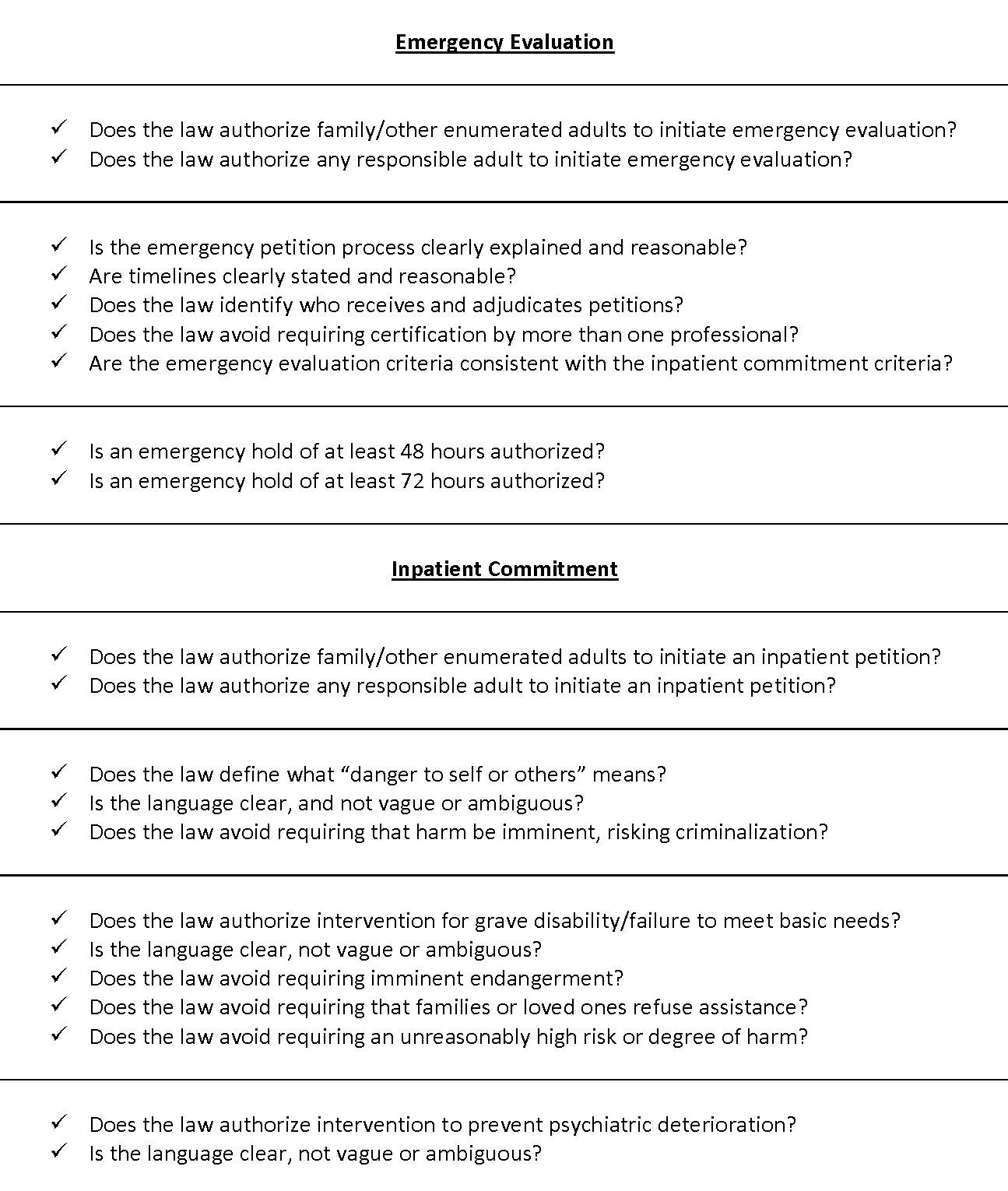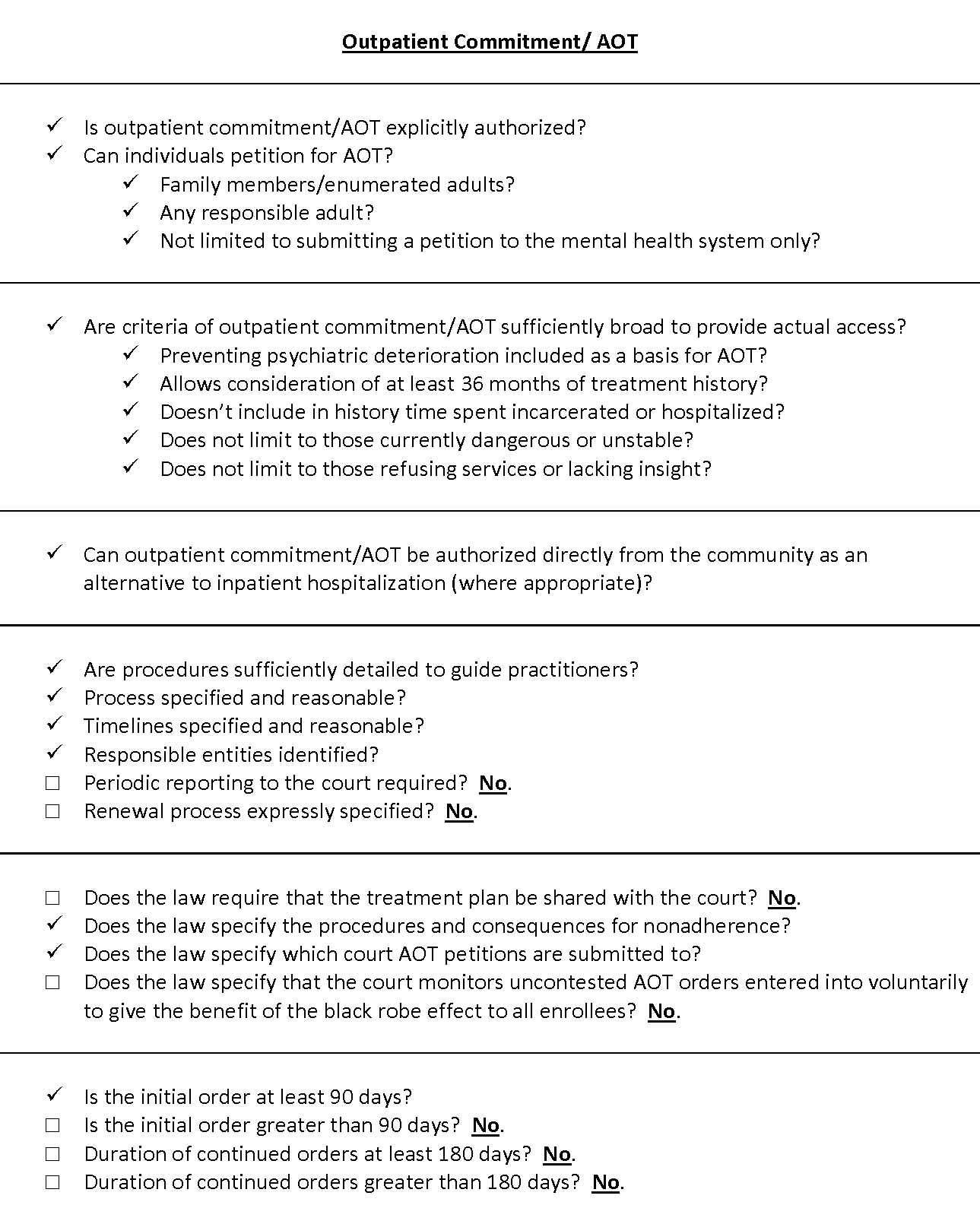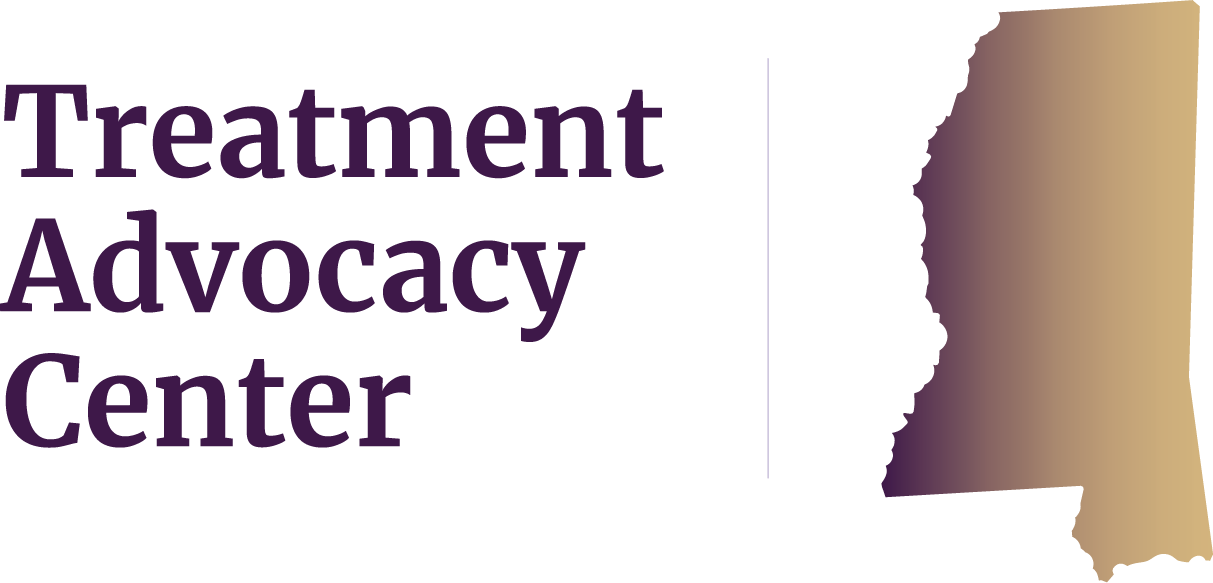Family Resources in Mississippi
- Mississippi Department of Mental Health (dmh.ms.gov) Resources and contacts
- Mental Health Resources in Mississippi (rtor.org) Nonprofit provides an online form for personalized assistance from a resource specialist
- NAMI Mississippi (namims.org) Support groups, training, information
- Disability Rights Mississippi (drms.ms) Protection and advocacy for individuals with disabilities
- Homeless Information: Mississippi | U.S. Department of Housing and Urban Development (hud.gov/states/mississippi) Find help hotlines, financial assistance, foodbanks and shelters by city or county
- Mississippi Inmate Locater (ms.gov) Find an inmate by name or identification number
- The Mississippi Bar (msbar.org) Legal Assistance
How many people in Mississippi have SMI?
individuals with severe mental illness.
individuals with SMI who receive treatment in a given year.
of the adult population is estimated living with a SMI in the United States.
State psychiatric hospital beds in Mississippi
2023 total beds: 366
- Civil beds: 288
- Forensic beds: 78
2023 beds per 100,000 people: 12.4
Click here for more information about state psychiatric hospital beds in Mississippi.
A minimum of 50 beds per 100,000 people is considered necessary to provide minimally adequate treatment for individuals with severe mental illness. Mississippi fails to meet this minimum standard.
For Additional Information
Data is a powerful tool to advocate for change. Curious about a specific data point in your state? Reach out to us at ORPA@treatmentadvocacycenter.org
Fast Facts on SMI in Mississippi
Deinstitutionalization, outdated treatment laws, discriminatory Medicaid funding practices, and the prolonged failure by states to fund their mental health systems drive those in need of care into the criminal justice and corrections systems.
19%
6,155
366
17 to 1
2021 Mississippi State Mental Health Agency's expenditures
Every state receives block grant funding from the federal government to provide mental health services to their community. Below is some information about how these dollars are spent and compares to other state spending.
$292,773,927
38%
$3,984
1.3%
Mississippi's Treatment Laws
MISS. CODE ANN. § 41-21-65(5). MISS. CODE ANN. § 41-21-65(5). If any person is alleged to be in need of treatment, any relative of the person, or any interested person, may make affidavit of that fact and shall file the Uniform Civil Commitment Affidavit with the clerk of the chancery court of the county in which the person alleged to be in need of treatment resides… MISS. CODE ANN. § 41-21-61(e). "Interested person" means an adult, including, but not limited to, a public official, and the legal guardian, spouse, parent, legal counsel, adult, child next of kin, or other person designated by a proposed patient. MISS. CODE ANN. § 41-21-67(5)(a). Whenever a licensed psychologist, nurse practitioner or physician assistant who is certified to complete examinations for the purpose of commitment or a licensed physician has reason to believe that a person [meets the criteria for emergency evaluation], then the physician, psychologist, nurse practitioner or physician assistant may hold the person or may admit the person to and treat the person in a licensed medical facility, without a civil order or warrant for a period not to exceed seventy-two (72) hours.
MISS. CODE ANN. § 41-21-65(5). If any person is alleged to be in need of treatment, any relative of the person, or any interested person, may make affidavit of that fact and shall file the affidavit with the clerk of the chancery court of the county in which the person alleged to be in need of treatment resides. MISS. CODE ANN. § 41-21-73(4). "If the court finds by clear and convincing evidence that the proposed patient is a person with mental illness …. and, if after careful consideration of reasonable alternative dispositions …. the court finds that there is no suitable alternative to judicial commitment, the court shall commit the patient for treatment in the least restrictive treatment facility that can meet the patient's treatment needs. MISS. CODE ANN. § 41-21-61(f). "Person with mental illness" means any person who has a substantial psychiatric disorder of thought, mood, perception, orientation, or memory which grossly impairs judgment, behavior, capacity to recognize reality, or to reason or understand, which (i) is manifested by instances of grossly disturbed behavior or faulty perceptions; and (ii) poses a substantial likelihood of physical harm to himself or others as demonstrated by (A) a recent attempt or threat to physically harm himself or others, or (B) a failure to provide necessary food, clothing, shelter or medical care for himself, as a result of the impairment. "Person with mental illness" includes a person who, based on treatment history and other applicable psychiatric indicia, is in need of treatment in order to prevent further disability or deterioration which would predictably result in dangerousness to himself or others when his current mental illness limits or negates his ability to make an informed decision to seek or comply with recommended treatment. MISS. CODE ANN. § 41-21-61(k). "Substantial likelihood of bodily harm" means that: (i) The person has threatened or attempted suicide or to inflict serious bodily harm to himself; or (ii) The person has threatened or attempted homicide or other violent behavior; or (iii) The person has placed others in reasonable fear of violent behavior and serious physical harm to them; or (iv) The person is unable to avoid severe impairment or injury from specific risks; and (v) There is substantial likelihood that serious harm will occur unless the person is placed under emergency treatment.


Recommended updates to treatment laws
- 1
Amend Miss. Code Ann. § 41-21-73(4) in order to (1) require periodic reporting to the court and procedures for renewal of order, and (2) include a requirement that a written treatment plan be submitted to the court
- 2
Amend Miss. Code Ann. § 41-21-73(4) to extend duration of outpatient order beyond 90 days
- 3
Amend Miss. Code Ann. § 41-21-82 to extend duration of continued outpatient order to or beyond 180 days
- 4
Adopt express procedures for the court to monitor uncontested AOT orders entered into voluntarily to give the benefit of the black robe effect to all enrollees
